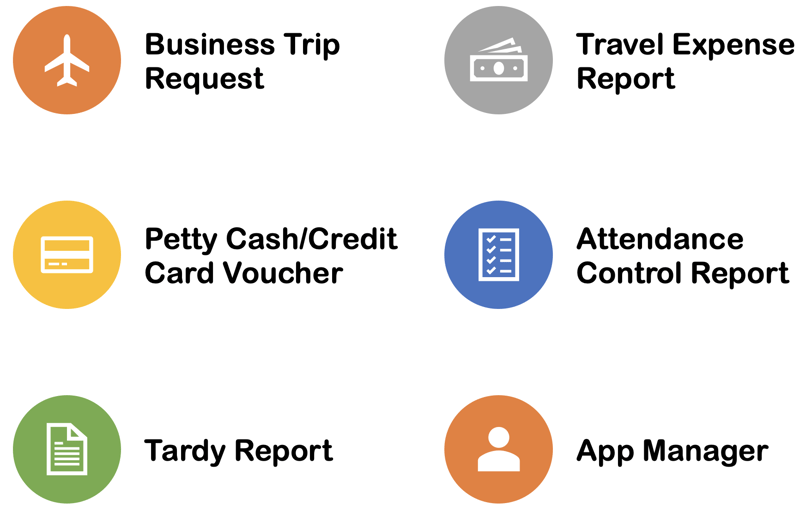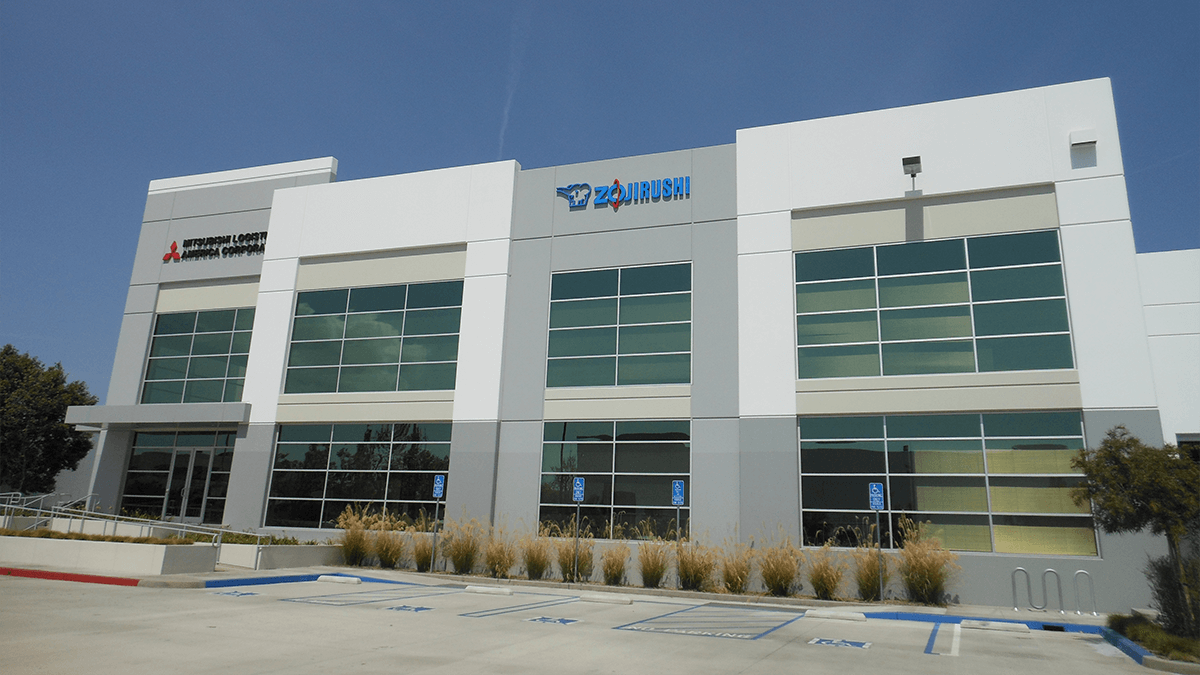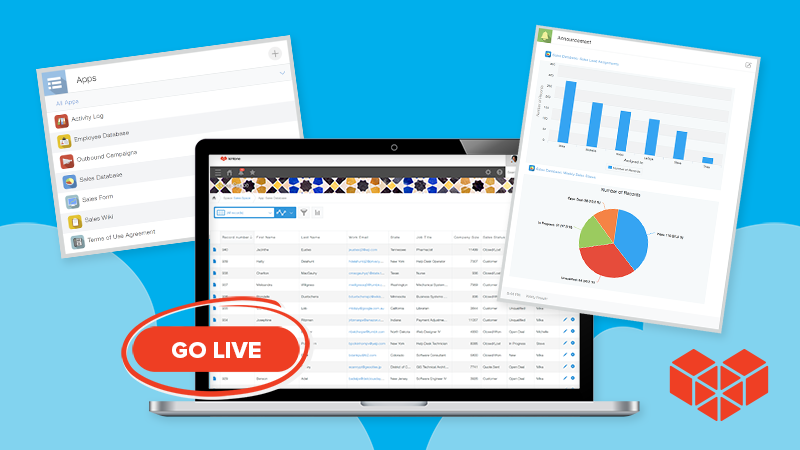When a company has been around for over 100 years, it’s all too easy to get stuck with an old process or two. Zojirushi America, purveyor of high-end household and cooking appliances, was no exception. Dating all the way back to 1918, Zojirushi got its start in Osaka, Japan with their first product, a glass-lined bottle using breakthrough vacuum insulation technology. Since then the company has grown considerably, adding new product lines and expanding to markets outside of Japan, including the U.S., Taiwan, China, and Thailand.
Starting with small wins
As Zojirushi continued to grow its presence in the US, the need to shift away from manual paper processes became apparent. The team knew that the key to successfully improving operations was through an incremental approach—starting with small wins and making continuous improvements to build momentum.
One of the primary issues the team faced was how long approval processes would take via paper and how complicated document management became over time. As the organization began to digitize their work, spreadsheets also became a staple in many departments, which created their own set of challenges.
For instance, during performance reviews team members would need to fill out an employee evaluation, which lived in a single spreadsheet file that would be circulated to several people for input. However, because of potential version control issues, collecting the information from each team member involved waiting for your turn and passing the spreadsheet around when you were done.
The company’s support center also used Excel spreadsheets to log and track call records. Inquiries were submitted in un-templated, irregular formats, resulting in rows and rows of mismatched data that were difficult to make any sense of. And over time, some spreadsheet files would get damaged, resulting in a loss of valuable historical data.
Additionally, these paper and spreadsheet-based processes made it difficult for sales reps on the road to log information. They would have to wait until they were back at the office, which took up valuable time from their workdays.
It all started with HR
To start their journey to paper-free workflows, Zojirushi America’s HR department chose Kintone to create a centralized portal for both accounting and HR admin operations. The HR and accounting teams, with the help of Kintone partner KDDI America, were able to set up no-code Kintone apps to track several key workflows, from business trip requests to expense reports, PTO requests, and more. Kintone’s process management tools enabled Zojirushi’s team to lay out approval processes in Kintone step-by-step and manage everything, including task assignments, deadlines, related information and files—all in one place.

Now team members from various departments can submit business trip requests directly into the Kintone app, and the app will automatically notify the appropriate approvers. Approvers can go in and approve requests from any web browser or via Kintone’s mobile app if they’re away from their desks. Since every step is tracked in Kintone, it’s easy for users to see where each task stands, who it’s assigned to, and if there are any bottlenecks slowing things down.
Data can also be linked between multiple apps to reduce the need for data entry and copying and pasting information. For example, the accounting team might want to track all the associated expense reports for a specific business trip. They’re able to connect the business trip request app to the expense report app and set up filters that allow them to view related records with just a few clicks.
Building momentum across departments
As soon as the HR department’s processes were moved to Kintone, the benefits were clear. The team was able to see a holistic view of their work, and approval processes no longer took up so much of their time. They no longer had to chase people for information or send reminder emails because Kintone’s automated notifications could handle it for them. And with all their data on one platform, they were able to identify trends and bottlenecks they wouldn’t have noticed if everything was still scattered across multiple spreadsheets or trapped in filing cabinets.
“With Kintone as a starting point, the momentum to improve operations gathered strength across the company.”
The sales team also experienced the benefits of their new Kintone solution. They could now use the Kintone mobile app to submit expense reports and handle other tasks in between meetings with clients.
As a result, the team came up with new ways to use Kintone to improve operations for other departments. Customer repair requests were also migrated to Kintone. Team members can now enter the necessary information on a tablet and easily track the status of the repair, from approval all the way through to return. The team can also track PTO and attendance on Kintone so that it’s easy for members to cover each other when someone is absent.
A smooth switch to remote work
By the time the COVID-19 pandemic struck, many of Zojirushi America’s departments had already begun to move operations onto Kintone—this groundwork made the shift to remote work a much less bumpy ride. Since then, additional teams and departments across the organization have even begun to send in requests to find out whether Kintone can be used to improve their own operations, and more paper, email, and spreadsheet based processes are moving to Kintone.
Want to see if Kintone’s a good fit for your team? Sign up for a personalized demo, and our team will even build you a free sample app customized for your operations. Learn more here.
About the Author
Euna is a Senior Content Specialist at Kintone. She holds a BA in English from the University of Michigan and has a thing for words, food, and travel.










